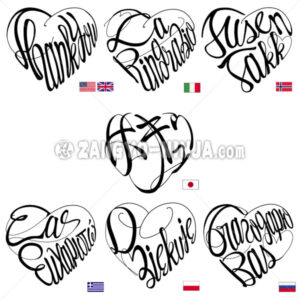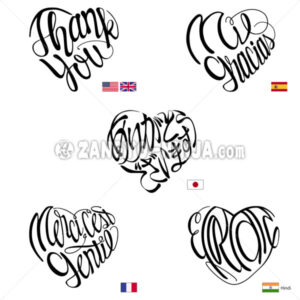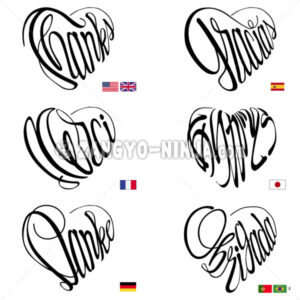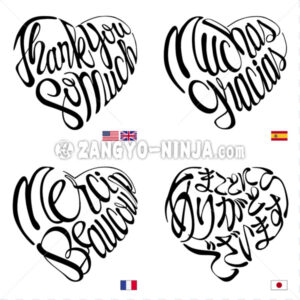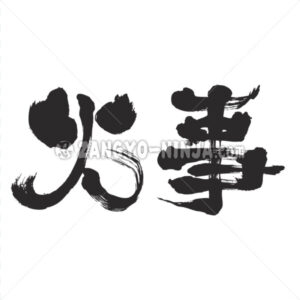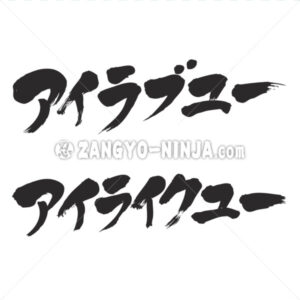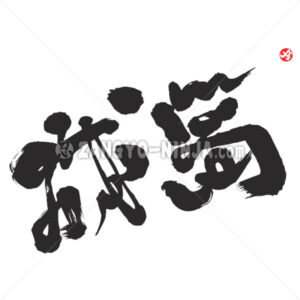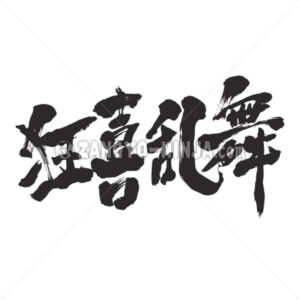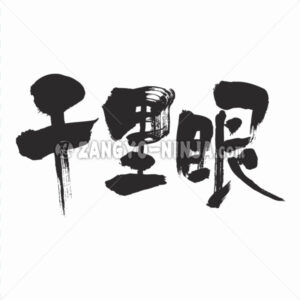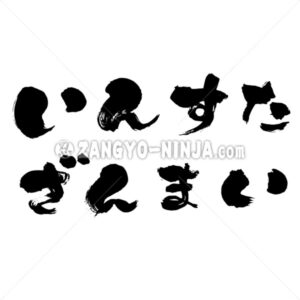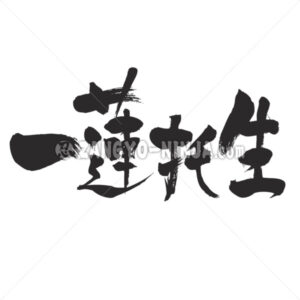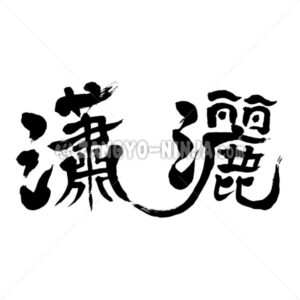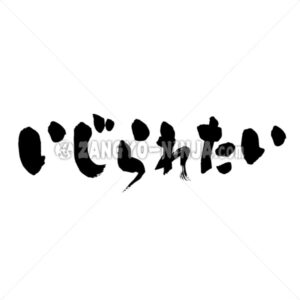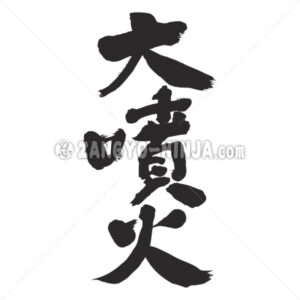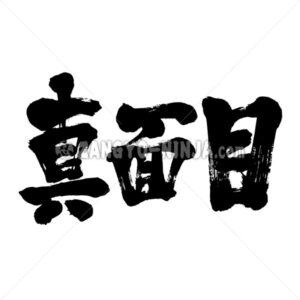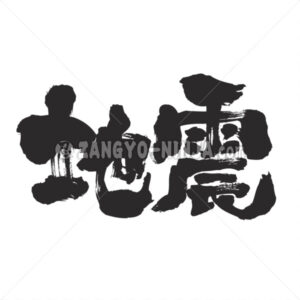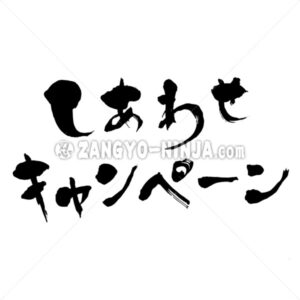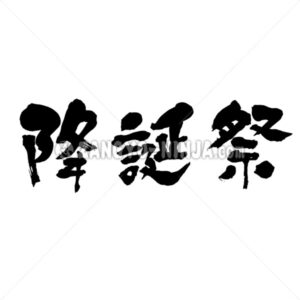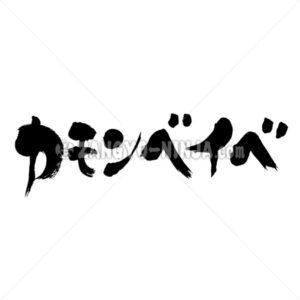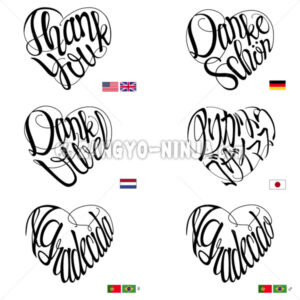
This is a typographic work that expresses the feeling of “Thank you” in the form of English, German, Dutch, Portuguese and Japanese Katakana. The theme is “Heart of Gratitude”. Changes from the previous work The lines of “Thank You” in English are longer and more frequent to emphasize the heart shape. All other languages … Read More
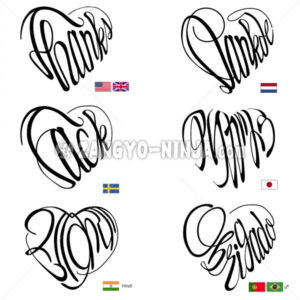
Thanks is expressed in English, Dutch, Swedish, Portuguese (male), Japanese Katakana and Indian Hindi as a heart-shaped writing style. And theme is “Heart of Gratitude”. The Japanese phrase “thanks” is written in a basic form. This Japanese phrase “arigatou” is the basic form of the word “thanks”. Although there are ways to write it … Read More
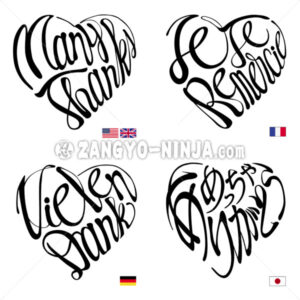
Many thanks is expressed in English, French, German, and Japanese Hiragana as a heart-shaped writing style. And theme is “Heart of Gratitude”. The Japanese phrase “many thanks” is written in a modern way In Japanese, it is “Meccha Arigatou”. This is also written entirely in hiragana. “Arigatou” is equivalent to ‘Thanks’ in English, as … Read More
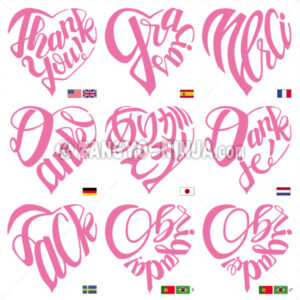
This is a heart-shaped typographic rendition of the word “Thank you” in English, Spanish, French, German, Japanese Hiragana, Dutch, Swedish, and Portuguese. Since Portuguese is divided into male and female words, there are 9 types of designs in 8 languages in total. Heart-shaped design Have you ever forgotten to say thank you when someone … Read More
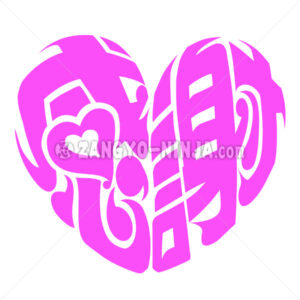
Since gratitude is something that is felt with the heart (although some say it is conveyed as a will to the head), the design is a heart-shaped version of the kanji character for gratitude. What is gratitude? Gratitude is an emotion that we feel when we recognize that we have obtained some good result, … Read More
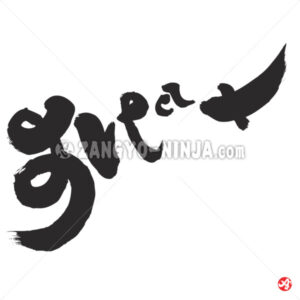
This is a work in which the Hiragana word “すげー” and the synonym are written in English “great”. It is written in English with Japanese in a method called bi-calligraphy. It’s one of a universal term in Japan. Although the title says great, it is colloquially used to express surprise or positivity. It is … Read More
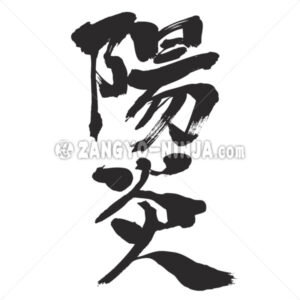
A phenomenon in which light and shadow show subtle fluctuations. The ground is heated by strong direct sunlight, which warms the air close to the ground and creates uneven density distribution. A phenomenon in which objects in the distance appear to sway or appear distorted when viewed from afar through the ground heated by … Read More
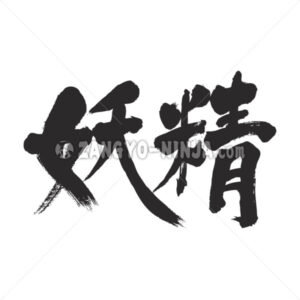
A supernatural being that lives in a world that is closely related to the human world and can change shape. Their beauty and ugliness, size, good and bad, and other characteristics vary greatly depending on the region and era, but in general they have a very human-like appearance and character, often lacking in conscience … Read More
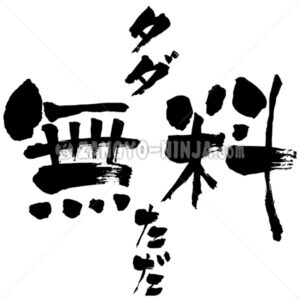
There is no price for goods or services. It’s Free written vertical in Japanese Katakana. Free written horizon in Japanese Kanji. Free written vertical in Japanese Hiragana. Hiragana and katakana are colloquial translations of Kanji, so the meaning may not be understood depending on what is written. Japanese called “tada” in Japanese katakana and … Read More
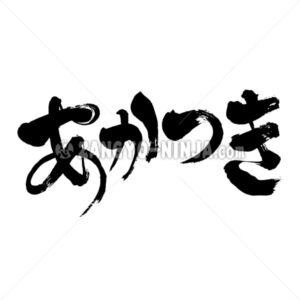
1. Around the night light. When the eastern sky begins to whiten. the first light of day. 2. When a certain thing is realized and completed.
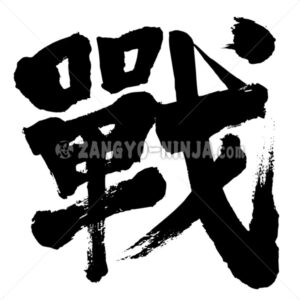
1. Fight with a weapon. 2. competition. It’s about to win or lose. It is a Kanji that old Japanese were using. With transliteration in Katakana that you can custom letter. Japanese says Ikusa.
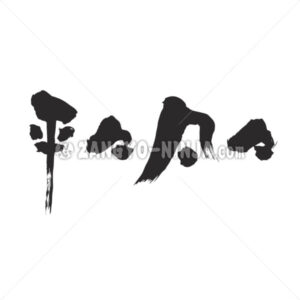
Very common. It is not average and there is nothing particularly good or unusual. Japanese says “Hei hei bon bon”. A word that strengthens “平凡(ordinary)” as four character idiom.
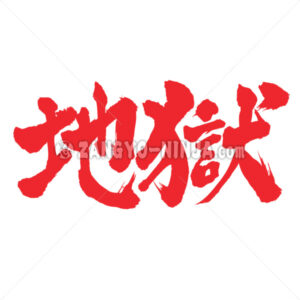
This etymology came from India in Buddhism. What used to be called “naraka” in Sanskrit was transcribed and transmitted to China to become “naraku”. In China, Naraka meant an underground prison, so it was omitted and became hell. It is said that the words “hell” and “naraku” were introduced to Japan. Japanese said “Ji … Read More


